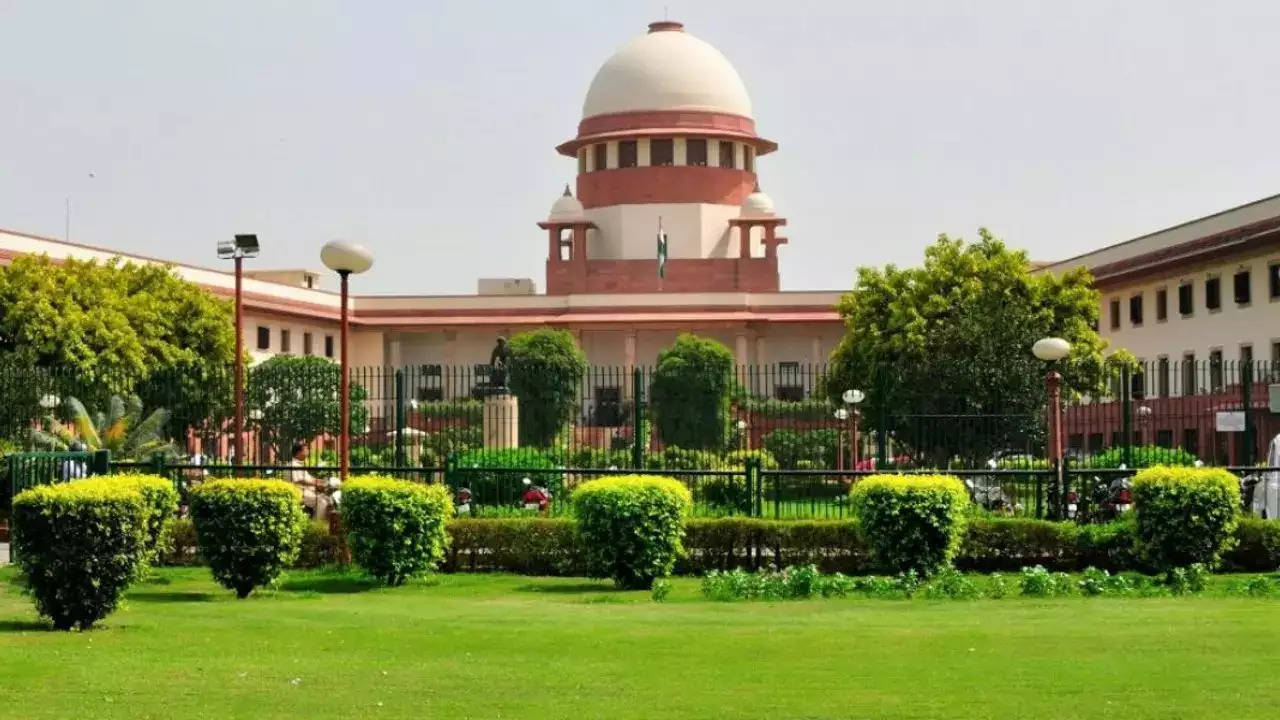Utah has become the 7th state to ban abortions after the Supreme Court overturned Roe v. Wade. But Planned Parenthood’s abortion business resists efforts to protect babies from death.
Late Friday, John L. Fellows, the general counsel to the Utah legislature, wrote a letter that the trigger law in Utah is now in effect and that abortions are banned in the state — except in very rare cases, such as rape. Or incest, when the baby is severely disabled or to avoid the mother’s death.
Utah SB 174, the Abortion Prohibition Amendments, was signed in 2020 by Republican government leader Gary Herbert but did not come into effect until after Roe’s overthrow.
A second law, the Down Syndrome Non-discrimination Abortion Act, signed by Herbert in 2019, will also come into full effect due to the Supreme Court’s decision. It prohibits killing babies with Down syndrome in abortions.
But Planned Parenthood of Utah sued Saturday to block the state’s abortion ban. The abortion company claimed that the abortion ban violates the state constitution and that the Utah Supreme Court has “clarified that the state’s constitutional guarantees may be broader than those under federal law.”
The abortion chain wants a temporary restraining order and an interim injunction to prevent enforcement of the law.
Click here to sign up for pro-life news alerts from LifeNews.com

“Although Dobbs v. Jackson Women’s Health Organization … has revoked the right to abortion pre-viability under the U.S. Constitution, the Utah Constitution serves as an independent source of rights for Utahns,” the lawsuit said.
Planned Parenthood has stopped killing babies in Utah as the lawsuit against the ban continues, saying it had “no choice but to stop performing abortions” after the law went into effect and canceled appointments for Saturday—About a dozen patients who had procedures scheduled.
Texas and Oklahoma had banned abortions before Roe was destroyed and Missouri became the first state after Roe to protect babies from abortions, and South Dakota became the 2nd. Then Arkansas became the third state to protect babies from abortion, Kentucky became 4th, Louisiana became 5th, and Ohio became 6th.
As LifeNews reported, the Supreme Court overturned Roe v. Wade, holding a 5-4 majority decision in the Dobbs case that “the Constitution does not grant the right to abortion” — allowing states to ban abortions and protect unborn babies. The Supreme Court also ruled 6-3 to uphold the 15-week abortion ban in Mississippi, allowing states to restrict abortions further.
“We believe that Roe and Casey should be overruled. The Constitution does not prohibit the citizens of any state from regulating or prohibiting abortion. Roe and Casey have usurped that authority. We now reject those decisions and return that authority to the people and their elected representatives,” Judge Samuel Alito wrote before the majority.
“The Constitution makes no reference to abortion, and such a right is not implicitly protected by any constitutional provision, including the one that Roe and Casey’s defenders now primarily rely on — the due process clause of the Fourteenth Amendment,” Judge Samuel Alito wrote. in the opinion of the majority. “That provision is held to guarantee some rights not mentioned in the Constitution, but such a right must be ‘deeply rooted in the history and tradition of this nation’ and ‘implicit in the concept of ordered liberty’.”
Immediately after the decision, Texas abortion companies announced they would be closing, and South Carolina tsaidit had asked a federal appeals court to uphold the abortion ban.
Ultimately, as many as 26 states could immediately or expeditiously ban abortions and protect babies from certain death for the first time in nearly 50 years.
The 13 states with trigger laws that would effectively ban all or most abortions are Arkansas, Idaho, Kentucky, Louisiana, Missouri, Mississippi, North Dakota, Oklahoma, South Dakota, Tennessee, Texas, Utah, and Wyoming.
“Abortion poses a profound moral question. The Constitution does not prohibit the citizens of any state from regulating or prohibiting abortion. Roe and Casey have usurped that authority. We now reject those decisions and return that authority to the people and their elected representatives,” Alito wrote.
“Roe was wrong from the start. The reasoning was exceptionally weak, and the decision has had damaging consequences,” Alito wrote. “And far from bringing about a national settlement of the abortion issue, Roe and Casey have fueled debate and deepened divisions.”
This is a milestone for the Pro-Life movement and our entire nation. After nearly 50 years of staining the moral fabric of our country, Roe v. Wade is no more.
Judges Sonia Sotomayor, Elena Kagan, and Stephen Breyer wrote a joint dissent condemning the decision to allow states to impose “draconian” restrictions on women.